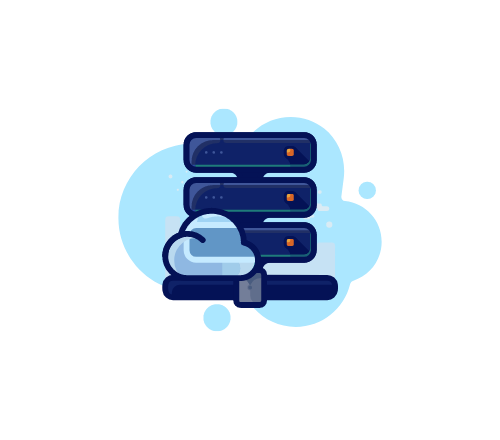Dedicated Server Services


Dedicated server services provide users with exclusive access to an entire physical server hosted in a data center. Unlike shared hosting and virtual private servers (VPS), where resources are shared among multiple users, dedicated server hosting offers complete control and full access to all the resources of the server. This makes it an ideal choice for businesses and individuals with high-performance and security requirements. Here are key aspects of dedicated server services:
Physical Server: With dedicated server hosting, you rent an entire physical server that is located in a data center. This server is not shared with other users, ensuring that you have full access to its CPU, memory, storage, and network resources.
Customization: Dedicated servers can be fully customized to meet your specific needs. You have the flexibility to choose the hardware components, including the CPU, RAM, storage drives (e.g., SSDs or HDDs), and network configurations.
Operating System Control: You have complete control over the choice of the operating system (OS) that runs on the dedicated server. This allows you to install and configure the OS according to your requirements.
Root/Administrator Access: Users typically have root (for Linux) or administrator (for Windows) access to their dedicated servers, giving them full control to install, configure, and manage software and applications.
Performance: Dedicated servers offer high levels of performance and reliability because you don't have to contend with other users for resources. This makes them suitable for resource-intensive applications and websites.
Security: The isolation provided by dedicated servers enhances security, as there are no other users sharing the same physical server. You are responsible for securing your server, including implementing firewalls, security patches, and access controls.
Scalability: Dedicated servers can often be scaled vertically by upgrading hardware components (e.g., adding more RAM or storage). In some cases, you can also opt for load balancing or clustering for horizontal scalability.
Managed and Unmanaged Options: Dedicated server hosting comes in managed and unmanaged variants. Managed dedicated hosting includes server management, maintenance, and support services, while unmanaged hosting requires users to handle server administration tasks.
Data Center Facilities: Dedicated server providers typically operate data centers with robust infrastructure, including redundant power, cooling, and network connectivity for high availability.
Backup and Disaster Recovery: Many dedicated server hosting plans include backup and disaster recovery options to protect data in case of hardware failures or data loss.
Remote Access: Users can remotely access their dedicated servers through secure protocols such as SSH (for Linux) or RDP (for Windows) to manage the server from anywhere.
When choosing a dedicated server hosting service, consider factors such as your technical expertise, budget, required resources, support needs, and the location of data centers. Ensure that the hosting provider offers service-level agreements (SLAs) for uptime and support. Keep in mind that the hosting landscape may have evolved since my last update, so it's a good idea to research the latest offerings and compare options before making a decision.
"When choosing a dedicated server hosting service, consider factors such as your technical expertise, budget, required resources, support needs, and the location of data centers. Ensure that the hosting provider offers service-level agreements (SLAs) for uptime and support. Keep in mind that the hosting landscape may have evolved since my last update, so it's a good idea to research the latest offerings and compare options before making a decision."